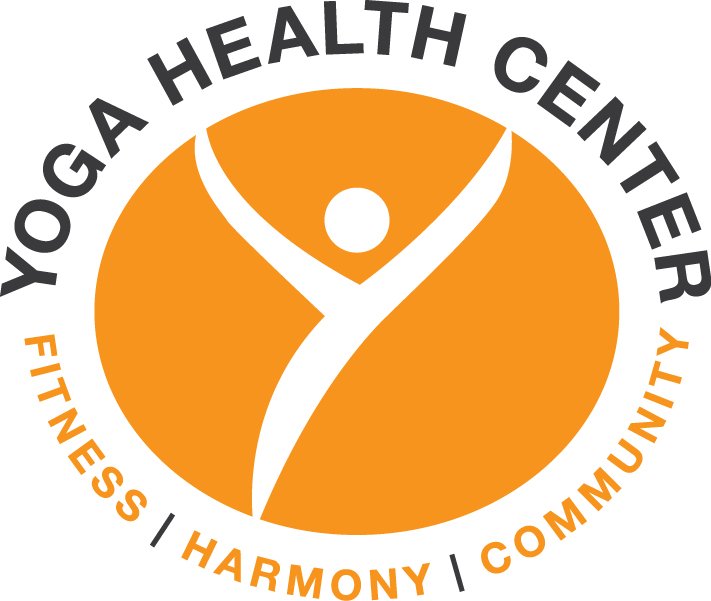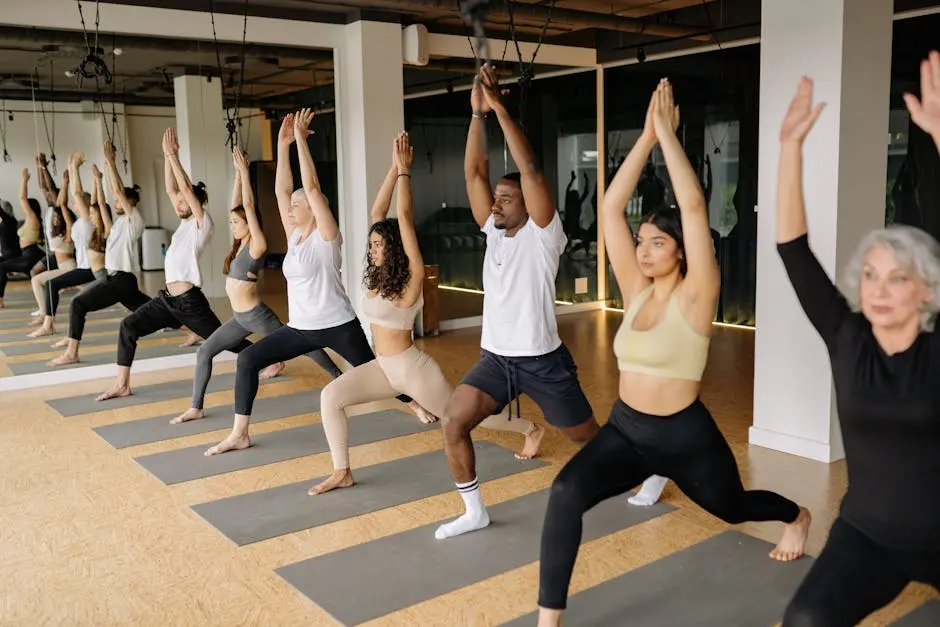Exploring the Range of Yoga Courses for All Abilities
Yoga is a transformative practice that can benefit everyone, regardless of age or fitness level. With a variety of courses available, it can sometimes be overwhelming to choose the right one for your needs. In this blog, we will explore different types of yoga courses designed for all abilities, helping you find the perfect fit for your journey.
Understanding Different Yoga Styles
Yoga is not a one-size-fits-all practice. There are many styles—like Hatha, Vinyasa, and Kundalini—that cater to different needs and preferences. Each style offers unique benefits, making it important to understand what appeals to you.
Hatha yoga, often seen as the foundation for most styles, focuses on physical postures and breath control. This style is ideal for beginners, as it is more gentle and allows practitioners to become familiar with the basic poses at their own pace. On the other hand, Vinyasa is known for its dynamic flow. This style is perfect for those who enjoy a more vigorous practice that links breath and movement seamlessly.
Kundalini, often described as the awakening of energy, incorporates not just postures, but also meditation, chanting, and the use of breath to lift your awareness. It's an excellent choice for someone looking to explore the spiritual aspects of yoga, while still enjoying a rigorous physical workout. Understanding these different styles will help guide your choice, ensuring your yoga journey aligns with your personal goals.
Identifying Your Ability Level
Before choosing a course, it's essential to assess your current ability level. This can help ensure that you select a class that challenges you appropriately without causing frustration or injury.
If you're a complete novice, starting with a beginner course will set the stage for a successful practice. On the flip side, if you have prior experience or a good understanding of basic postures, you might consider a class targeted at your skill level. This allows you to progress safely, building strength and flexibility without jumping into poses that may not suit your current capabilities.
It's also worth noting that many classes cater to mixed abilities. These courses can be a great way to learn at your own pace while still getting the motivation that comes from being in a group setting. By carefully evaluating where you stand on your yoga journey, you can select a course that will foster growth while keeping you engaged and excited about your practice.
Beginner Yoga Courses
If you're brand new to yoga, beginner courses are designed to introduce you to foundational poses, breathing techniques, and alignment principles in a supportive environment.
Furthermore, beginner classes often encourage questions, making them a perfect place to express any concerns you might have about starting your yoga practice. This supportive atmosphere can greatly enhance your experience, encouraging you to embrace your unique path from the very beginning.
Intermediate and Advanced Courses
For those with some experience, intermediate and advanced yoga courses provide opportunities to refine your practice, explore more challenging poses, and deepen your understanding of yoga philosophy.
In advanced classes, you may encounter a more diverse array of styles, along with specific focus on advanced alignments and transitions. By embracing these challenges, you can cultivate resilience and adaptability on and off the mat. Furthermore, participating in these classes opens up discussions on yoga philosophy, encouraging a broader understanding of the practice and its myriad benefits.
Specialized Yoga Courses for Specific Needs
Certain courses cater to specific demographics, like seniors, pregnant individuals, or those recovering from injuries. These specialized classes focus on unique aspects and modifications to ensure a safe practice.
Pregnancy yoga, on the other hand, is tailored to meet the physical and emotional needs of expectant mothers. The goal is not only to enhance physical stamina and alleviate discomfort but to also prepare the mind for labor through breathing exercises and relaxation techniques. Similarly, courses designed for those recovering from injuries offer modifications to help practitioners ease back into yoga, ensuring they can participate while respecting their body's limitations. Specializing your approach can greatly enhance your experience and benefits from yoga.
Finding Yoga Courses Online
In today's digital age, online yoga courses have become increasingly popular. They provide flexibility and accessibility, allowing you to practice from the comfort of your home while exploring various teaching styles.
However, while online courses present numerous benefits, it’s important to create an environment that mirrors the focus you’d find in a studio. Designating a specific space for practice and minimizing distractions can enhance your overall experience. Pay attention to the community aspect, as well—many online courses offer forums or social media groups where you can connect with fellow yogis, aiding your journey through shared experiences.
Finding the Right Fit for Your Yoga Journey
Whether you are a beginner exploring yoga for the first time or an experienced yogi looking to deepen your practice, there is a course out there for you. By understanding the various options available, you can embark on a rewarding journey tailored to your unique abilities and goals. Remember, it's not just about the poses—it's about finding a practice that nurtures your mind, body, and spirit.


